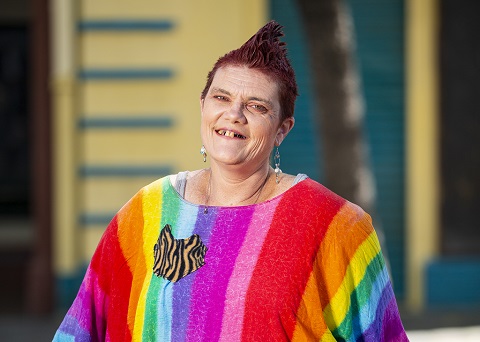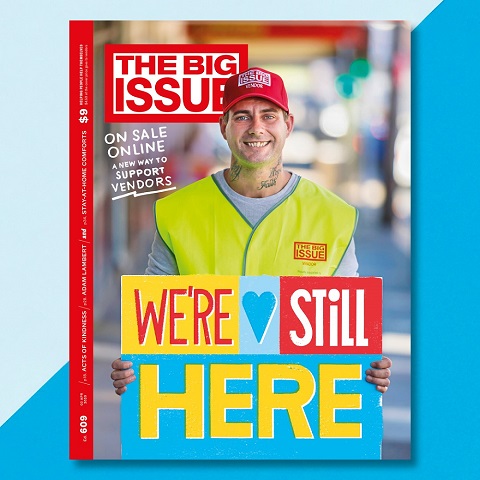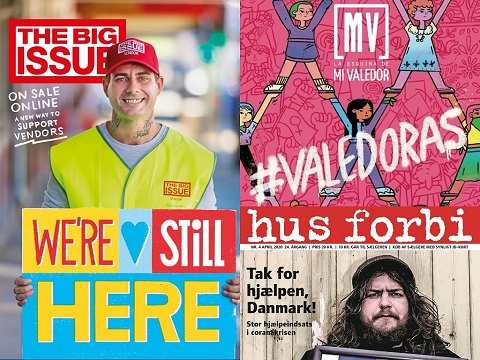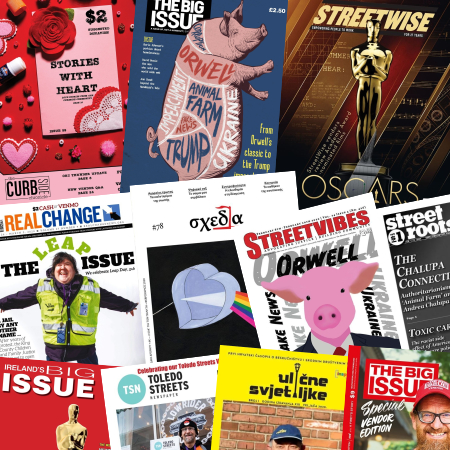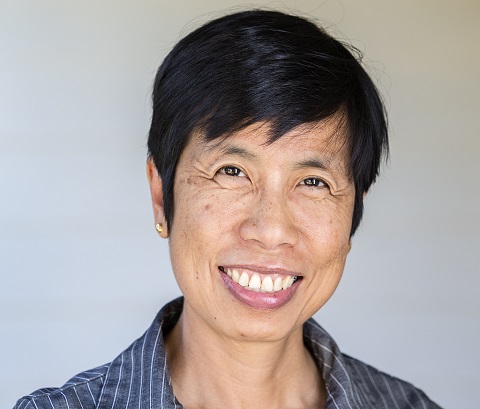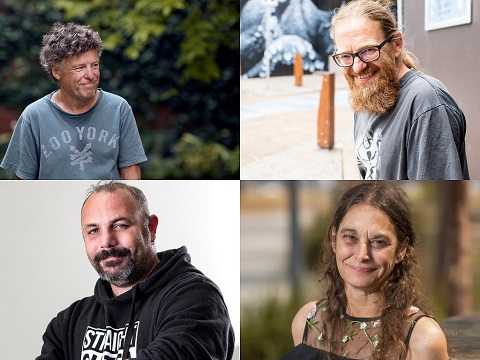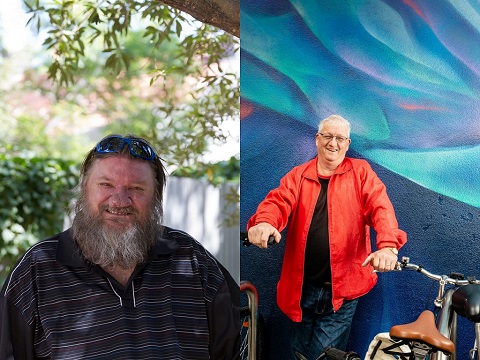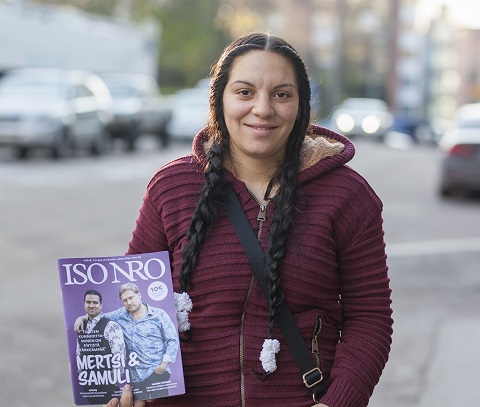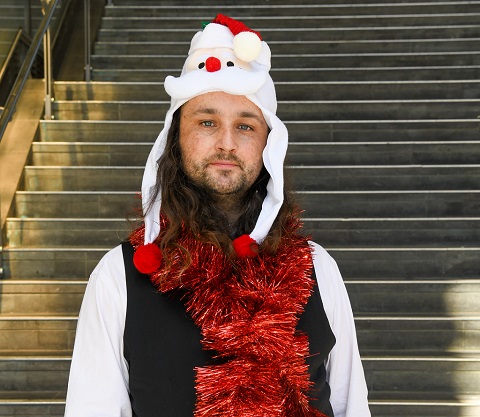By Hannele Huhtala and Janne Hukka, Iso Numero
How large can a street paper grow? What is needed for success? These and a thousand other questions were flashing through the minds of Iso Numero’s editorial team as they headed for Melbourne to spend a week with one of Australia’s most successful social enterprises.
The trip was part of the Intensive Learning Programme organised by INSP.
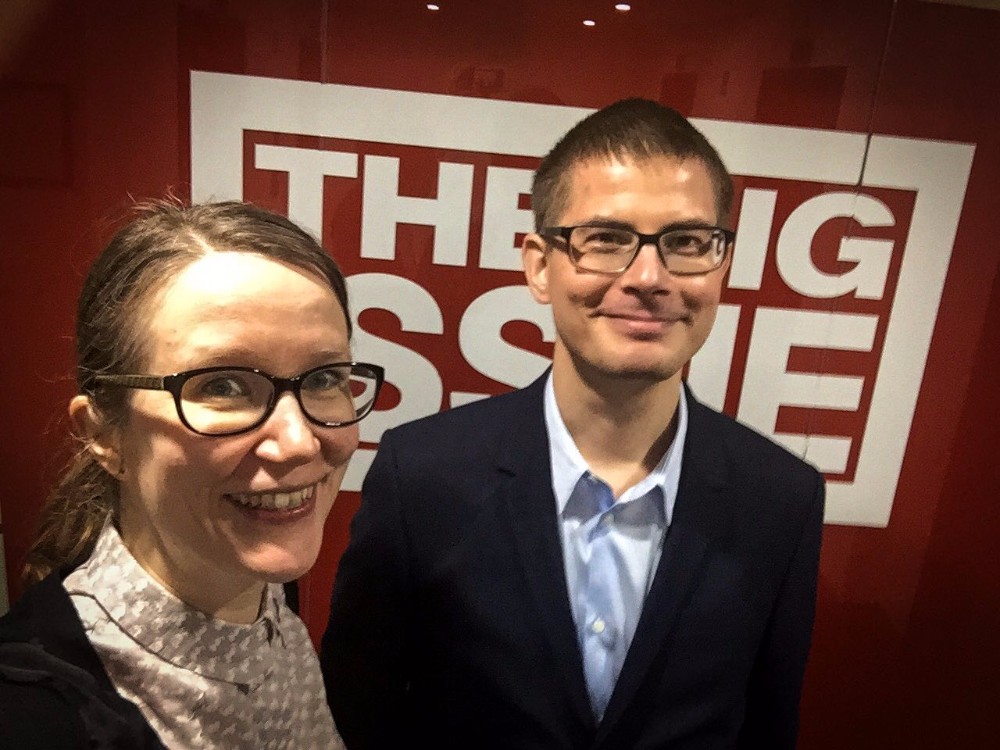
The Big Issue Australia (TBIA) is a fortnightly magazine that recently celebrated its 20th anniversary. Its vendors – more than 500 in total on any given month – sell on average 24,000 copies per edition in major cities across the vast Australian landmass. Given that Melbourne and Perth are nearly 3,000 kilometres apart, the magazine caters to an audience as widely spread as the distance between Finland and Greece.
In contrast, Helsinki-based Iso Numero is one of the youngest street papers in the world. Sold mainly in Helsinki, it comes out six times a year, sells 8,000 copies per edition and employs approximately 50 vendors, most of them only working only some months of the year.
It was no surprise that Iso Numero had much to learn.
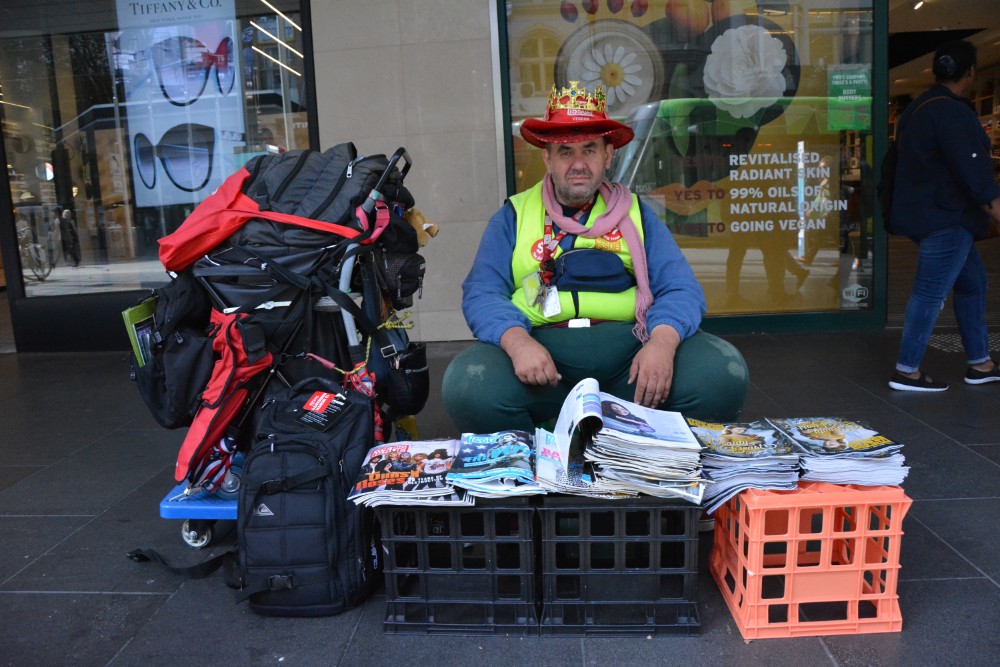
What unites street papers internationally is their focus on providing income to vendors through magazine sales. From Iso Numero’s perspective, the Australians excelled in taking this basic concept and developing innovative ways to further revenue from it.
One such example is TBIA’s Women’s Subscription Enterprise, a standalone employment opportunity for homeless women who may otherwise feel too unsafe selling the paper in the street. So instead of selling magazines, they bag and mail copies to subscribers.
Through TBIA’s effective corporate networking, many subscribers are large companies that order the magazine in considerable volumes as part of their social responsibility initiatives. Thanks to this, TBIA is able to offer part-time work to up to 60 women every month – or approximately 1 job for every 100 magazine subscriptions.
“The process is designed so that the enterprise can employ as many women as possible,” TBIA’s national manager Sally Hines explained.
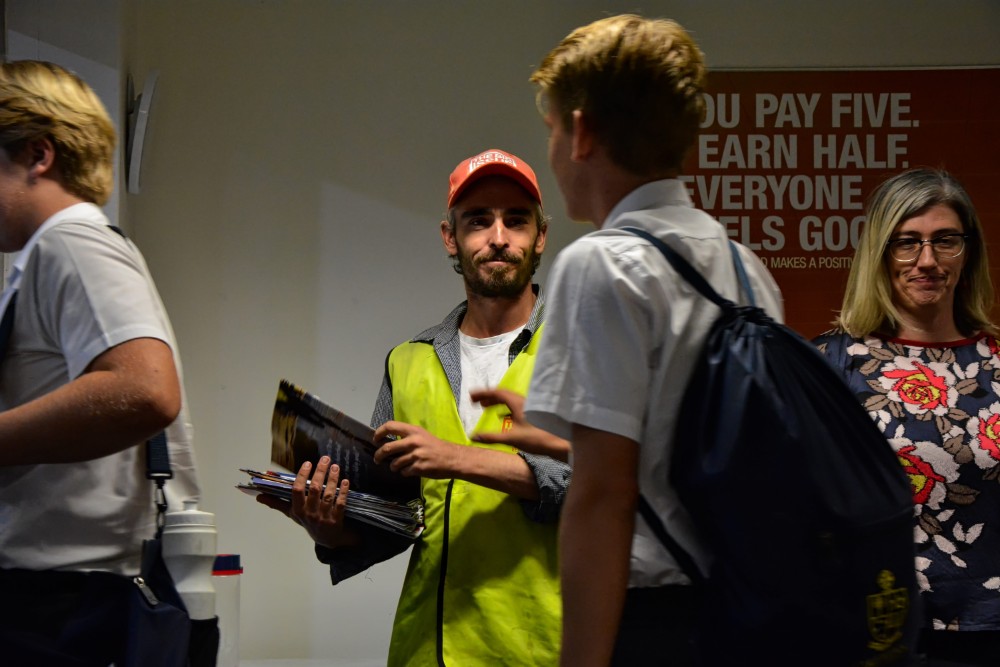
Smart business thinking is also applied in the Big Classroom, a school visitor programme that offers Grade 9 students first-hand access to homelessness.
In Melbourne alone, TBIA speaks annually to up to 700 groups of 14- to 15-year old students. The classroom experience includes discussions on homelessness and marginalisation, interactive exercises and a first-hand life story from a Big Issue vendor.
But what used to be considered a part of the magazine’s advocacy arm is now a business enterprise, too.
As the classroom experience costs 20 Australian dollars per student, it generates income for the participating vendor, staff and the long-term sustainability of the enterprise. Return of investment is also ensured by the brand loyalty generated by the experience – after all, the teenagers are just a few years away from being the magazine’s active buyers.
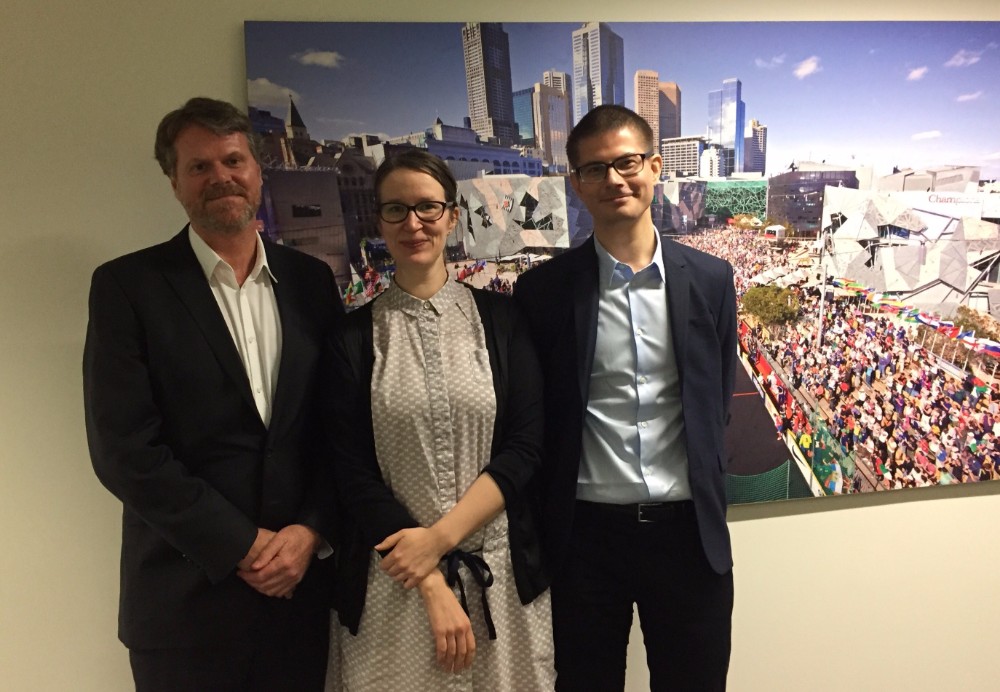
Iso Numero’s biggest takeaway from the trip was to witness how it is possible to combine a business mentality with a social mission of working with the disadvantaged. TBIA’s CEO (and INSP Board member) Steven Persson reminded the visitors that the work entails a great deal of humility as well as responsibility.
“You need to be aware that your paycheck may come from the work of some of the most vulnerable and poorest members of society,” Persson said.
At the same time the vendors depend on the success of the magazine for their livelihood and wellbeing. “It is simply immoral not to pursue the organisation’s long-term success,” he added.
In TBIA’s case this has meant tackling income generation creatively and often looking outside the box. In this way TBIA is able to effectively embody the idea of a street paper as a place for work and not for handouts.
The team left Australia with great lessons and motivation to take Iso Numero forwards. Hold on to your hats, kangaroo jumps ahead!






